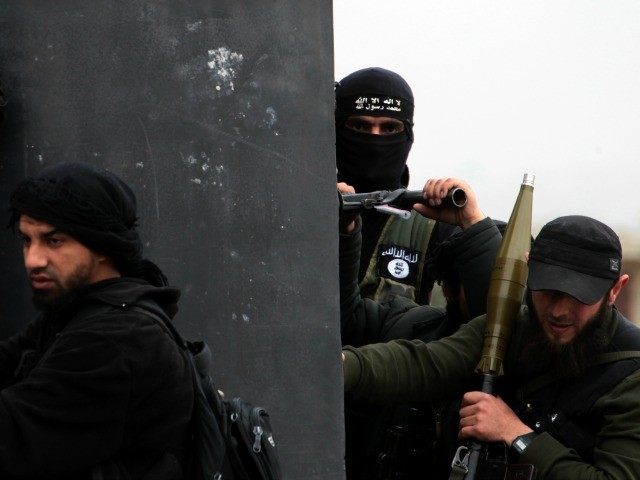Al-Qaeda affiliates in Syria and Yemen are benefiting from the global focus on the Islamic State (ISIS/ISIL), quietly capturing territory and expanding their influence amid the turmoil in the war-ravaged countries, reports The Washington Post.
The al-Qaeda branches in Syria and Yemen “could also be gaining sanctuaries to eventually plan attacks against the United States and Europe, analysts say,” notes the article.
“In Syria, al-Qaeda’s wing, Jabhat al-Nusra, plays a leading role in a new rebel coalition that has captured key areas in the northwestern part of the country,” it adds.
The new rebel coalition, dubbed the Army of Conquest, includes other Islamists as well as moderate rebels. It has received weapons and logistical support from Saudi Arabia, Turkey, and Qatar.
A senior administration official who spoke to The Post on condition of anonymity pointed out that the White House is concerned about Jabhat al-Nusra, also known as the Nusra Front, expanding their foothold in Syria.
“The advance in the north worries us. Our goal is not for the regime to lose ground to the benefit of Nusra and Ahrar al-Sham,” he said, referring to another major opposition group that works closely with Nusra but is not linked to al-Qaeda.
He acknowledged that although there are moderate groups in the Army of Conquest, the Nusra Front is evidently a major player.
“In Yemen, al-Qaeda in the Arabian Peninsula (AQAP) has seized parts of the country’s largest province, territory that includes military bases, an airfield and ports,” reports The Post.
Saudi Arabia is now involved in Yemen. It is leading a Sunni coalition against the Iran-backed Shiite Houthis who have seized territory in Yemen.
The Saudis are not going after AQAP, a Sunni group.
“Why would Saudi attack them if they’re effectively on the same side in this war?” a Yemeni intelligence official, told The Post on condition of anonymity.
There is little evidence that the two al-Qaeda affiliates are collaborating.
However, analysts told The Post that both branches are using similar strategies of expanding their foothold and influence in the shadows of other insurgent groups such as the Yemen’s Houthis and Syria’s ISIS.
“What we’re seeing today in eastern Yemen is much more similar to what Jabhat al-Nusra is doing in Syria,” Katherine Zimmerman, an expert on AQAP at the American Enterprise Institute, told The Post, adding that it is “a safe assumption” that the two branches are coordinating with al-Qaeda’s senior leadership.
“Al-Qaeda is becoming more deeply entrenched in Syria, and it is gaining significant momentum in Yemen, and the global focus on ISIS has distracted from the expansion of this other radical, transnational group,” added Fawaz Gerges, professor of Middle Eastern politics at the London School of Economics.
Georges reiterated that al-Qaeda’s leaders are trying to operate under the radar as part of a new strategy they think will compete with and outlast ISIS.
“The militants in Syria and Yemen are avoiding the sort of brutality that has distinguished the Islamic State, which split from al-Qaeda last year,” explains The Washington Post. “The shift appears to be an attempt to win local support and avoid the kind of international military action that the Islamic State is facing, analysts say.”
The Post noted that the leaders of AQAP and the Nusra Front maintain ties with senior al-Qaeda leaders such as Ayman al-Zawahiri.

COMMENTS
Please let us know if you're having issues with commenting.